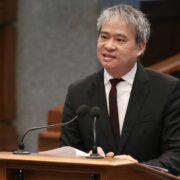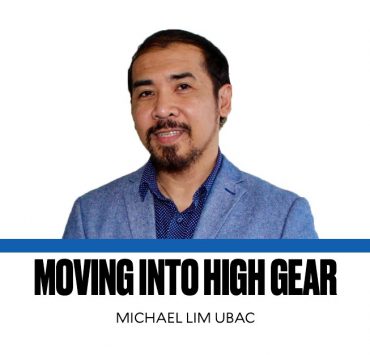Uncaring health care

The news of Philippine Health Insurance Corp. (PhilHealth) having unused funds of close to P90 billion did not sit right with me, especially as they continue to be behind in reimbursements to hospitals and health-care providers. The news that these funds will be transferred to the national budget to be used for “unprogrammed” projects honestly made me sick to my stomach. Honestly, as someone mandated to contribute to PhilHealth, I feel scammed.
The Department of Finance (DOF), which ordered the transfer, can cite all the ways in which this is legal. I leave it to my law colleagues to parse that one out. What I do know, and feel, is that it is uncaring. It is uncaring to the members who contribute their hard-earned money to the PhilHealth fund. It is uncaring to employees, especially government employees, who weren’t given a choice if they’d even like to contribute in the first place. It is uncaring to health-care providers and private health facilities that bleed money every month because PhilHealth does not reimburse in a timely manner. It is uncaring to recipients of PhilHealth benefits who still have to pay significant amounts in hospital bills because PhilHealth cannot cover everything.
I remember when PhilHealth demanded an increase in contributions, from 4 percent to 5 percent of our monthly income, and insisted that this be implemented retroactively. This was my personal strike one against PhilHealth. Imagine me and my coworkers’ surprise when our pay slips came up significantly short because it said that we “owe” PhiHealth money, as if we were the ones at fault. I was lucky because at that time, I had no one to support but myself. There are many others, though, who live paycheck to paycheck, barely paying for their family’s needs, only to see it no longer enough. And because this is a mandatory contribution, the ease in which PhilHealth (and government, by extension) can take our money allows them to do this without much thought or conscience. If this increase in contributions led to an excess of P90 billion, then I’d very much like to get my money back.
Strike two against PhilHealth came when I had to deal with my pregnancy and childbirth. As part of a state university, we do not have any additional health insurance apart from PhilHealth, with the supposed rationale that PhilHealth is enough. My pregnancy was complicated and required specialist care. I had to be admitted in a private hospital during my third trimester for complications that included COVID-19. When it came time to pay and I gave them my PhilHealth details, the deduction was: zero. My years-long contribution did not yield me anything. I am thankful that my university had a health assistance fund I could apply for. The fund was probably created knowing that PhilHealth is never enough coverage. No wonder there are always calls for financial assistance among my teacher colleagues who need to undergo major surgery or suffer from chronic or major illness.
My only comfort from my lack of personal benefit from PhilHealth is the hope that it makes a significant difference for others. I understand that it does help substantially when admitted in public hospitals. However, in my professional field, I know it does little, if at all, for mental health and developmental concerns. The coverage is sorely lacking and is unrealistic to the practical and long-term costs of psychiatric medications and psychotherapy services.
The fact that there are significant unused funds considering the poor coverage, low caps for benefits, increase monthly premiums, and unpaid health vendors is patently unethical. PhilHealth shouldn’t be seen as a money-generating scheme for government. For funds specifically earmarked for PhilHealth to go to “unprogrammed” projects means to me, as an individual taxpayer and PhilHealth premiums contributor, that this money is going to disappear. Will we, as members of PhilHealth, get an accounting of where this 90 billion would be spent? Most likely not. This is such a cavalier, irresponsible attitude about other people’s money. The DOF’s justification that “the national government is in a better position to effectively utilize subsidies for programs that directly and immediately benefit the Filipino people” is mere gobbledygook. If they mean that, then abolish PhilHealth if national government can do it better. Stop mandating monthly premiums and just stick to our taxes.
The diversion of PhilHealth funds is potentially my strike three, but who am I kidding? I am not allowed to opt out of PhilHealth. I have no choice, as a government employee, but to continue to fund them. They will continue to take our money, do what they want with it, and we are stuck here ranting (and writing an angry column) but ultimately are powerless to stop it.
aatuazon@up.edu.ph


















